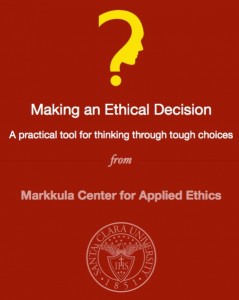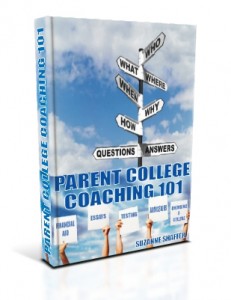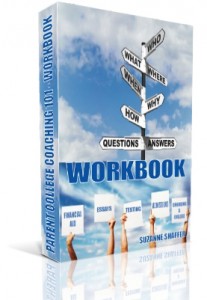One of the best jobs you can get today is a job with the government, especially with the U.S. Department of Commerce. The benefits are unbeatable, the pay is excellent and you get some of the best experience possible in your field of endeavor. There’s just one problem: Government jobs aren’t easy to get. Sure, some of the lower-paying ones might be attainable, but the best jobs out there require extensive training and a comprehensive education.
Main Misconceptions
You are probably thinking that you’ll have to move to Washington, D.C., to find a federal job, but that’s not true. According to Forbes.com, you can find a government job in all 50 states, as well as overseas, with the 84 percent of them of them located outside of the nation’s capital.
Even though the government has a federal deficit and is cutting out some jobs, your chances of getting hired are high, with over 2.3 million federal civilian employees out there. At least one quarter of these workers are eligible to retire, so the government is always seeking qualified people to fill those vacancies.
Basic Requirements
To get a job with the U.S. Department of Commerce, you’ll probably need at least a bachelor’s degree in economics or a related field. You’ll also need to have three years of specialized trade promotion experience. You must also be a U.S. citizen, between the ages of 21 and 59. In addition, you must be available to work in a worldwide setting, and you must be able to move around the world, if needed.
You may be required to relocate every three to four years. You must also be able to obtain medical and Top Secret Clearances and pass a drug test. It might seem like a lot, but you probably already qualify if you’re not a convicted felon and you live a responsible, healthy lifestyle.
The Application Process
There are plenty of jobs available with the government, but only the most advanced credentials will secure you a job in this marketplace. The application process for working with the U.S. government is exhaustive. You must complete a competitive oral and written exam. You must also be willing to wait. The U.S. government often takes six months or longer to fill some jobs.
After you complete the exam, they may call you in to complete a one-day oral assessment before they make a final decision. If you pass the assessment, they place you on a waiting list, called the Rank Order Register. This list is valid for a period of two years. From here, you wait.
The U.S. government fills jobs when vacancies open up. You also need to pass Top Secret security clearance, a medical clearance and a drug screening, too.
Limited Appointments
You can work for the government in a more limited capacity through limited appointments. Limited, non-career, Foreign Service officers are members of the general public that the government hires as foreign commercial service officers for a specific job, duty station or tour of duty, based on a specialized skill or experience. These job assignments are typically limited to two years for the first assignment.
You can’t work for the U.S. Commercial Service for more than five consecutive years, and there are no promises that your contract will extend beyond the two years. In fact, there’s no promise that you will be assigned for the full two years on your first assignment.
Taking the Civil Service Exam
Taking a civil service exam is standard part of the application process. Even if you have your heart set on working for the U.S. Department of Commerce, there are many other jobs available within other areas of the government. These jobs are listed at the government web portal, usajobs.gov, through the Office of Personnel Management. You can search their website for the type of job you are looking for, the specific department you want to work in, your skills, or even your location.
Although the process may seem laborious and complicated, obtaining a job in the U.S. government can provide many excellent opportunities like training, for example. The salaries federal workers receive are highly competitive with the private sector. For example, middle management jobs can pay over $100,000 per year. In addition, the federal health insurance and retirement benefits are often superior to the programs corporations offer.
_________________
Lisa Mills is an independent labor researcher with a love for education and career opportunities. She enjoys blogging about the options and benefits of a variety of fields.
 You have buried your head in the sand if you don’t know the impact that social media has on your reputation. Just watch the news, and celebrities put their feet in their mouths daily on Twitter. The whole world is monitoring what they say. But who is watching what your teen says? Just about everyone these days: colleges, scholarship judges and committees, and future employers.
You have buried your head in the sand if you don’t know the impact that social media has on your reputation. Just watch the news, and celebrities put their feet in their mouths daily on Twitter. The whole world is monitoring what they say. But who is watching what your teen says? Just about everyone these days: colleges, scholarship judges and committees, and future employers.









